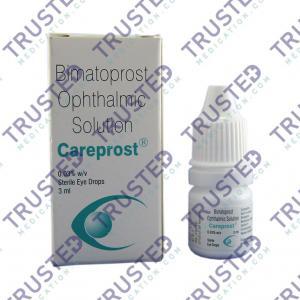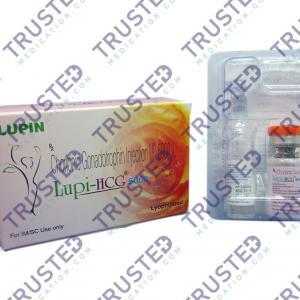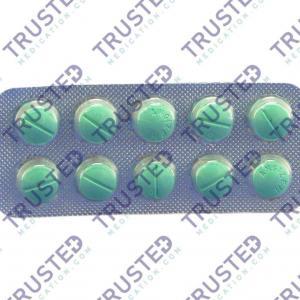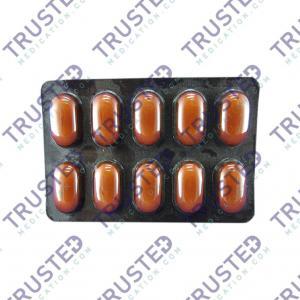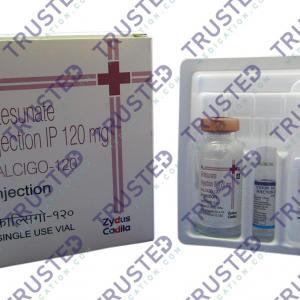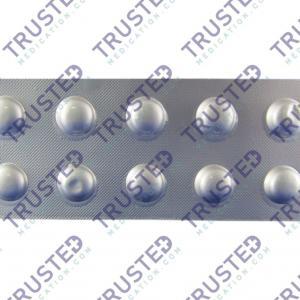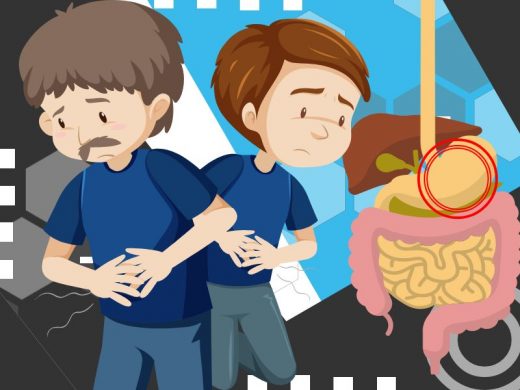
Ulcerative colitis is an inflammatory bowel disease that causes inflammation and ulcers in your digestive tract. Ulcerative colitis occurs on the innermost lining of the large intestine and rectum. Symptoms usually develop over time, rather than suddenly. Ulcerative colitis can be debilitating and can sometimes lead to life-threatening complications. With the right treatment, symptoms and signs of the disease can be greatly reduced and long-term remission may occur.
What Causes Ulcerative Colitis?

The immune system makes mistakes leading to ulcerative colitis. In ulcerative colitis, your immune system thinks food, good gut bacteria, and the cells that line your colon are the intruders. White blood cells that usually protect you attack the lining of your colon instead. They cause inflammation and ulcers.
Symptoms of Ulcerative Colitis
- Bloody diarrhea
- Abdominal cramping and pain
- Rectal pain and bleeding
- Urgency to defecate
- Inability to defecate despite urgency
- Fatigue and sudden weight loss
- Fever
Four Types of Ulcerative Colitis
- Ulcerative proctitis. Most of the inflammation occurs around the anus, and rectal bleeding is the only sign of the disease.
- Proctosigmoiditis. Inflammation involves the rectum and sigmoid colon. An inability to move the bowels despite an urge to do so is a typical symptom. Diarrhea is typically accompanied by bloody diarrhea, abdominal cramps, and pain.
- Left-sided colitis. An inflammatory response is present throughout the rectum and the colon. A person with this condition has bloody diarrhea, abdominal cramps, and pain on the left side, as well as an urge to defecate.
- Pancolitis. This type often affects the entire colon and causes bouts of bloody diarrhea that may be severe.
What are the Risk Factors of Ulcerative Colitis?
- Age. Ulcerative colitis usually begins before age 30 or people may develop UC at any age.
- Family history and environmental factors
- Diet and Lifestyle: A high consumption of polyunsaturated fatty acids may contribute to issues with digestive health.
- In addition, a sedentary lifestyle or smoking are also risk factors for overall health which contribute to your gastrointestinal health.
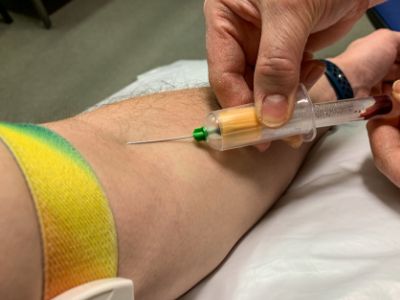
How to Diagnose Ulcerative Colitis?
Endoscopic procedures with tissue biopsy are the only way to definitively diagnose ulcerative colitis. Nonetheless, there are also other tests that determine the condition. To help confirm a diagnosis of ulcerative colitis, you can have the following tests and procedures:
- Blood tests and stool studies
- Colonoscopy
- X-ray
- CT-scan
Treatment for Ulcerative Colitis
You can take medications for gastro health to improve digestion and absorption of nutrients. Omeprazole, lansoprazole, and Rabeprazole, are typical medication choices along with healthy diet.

